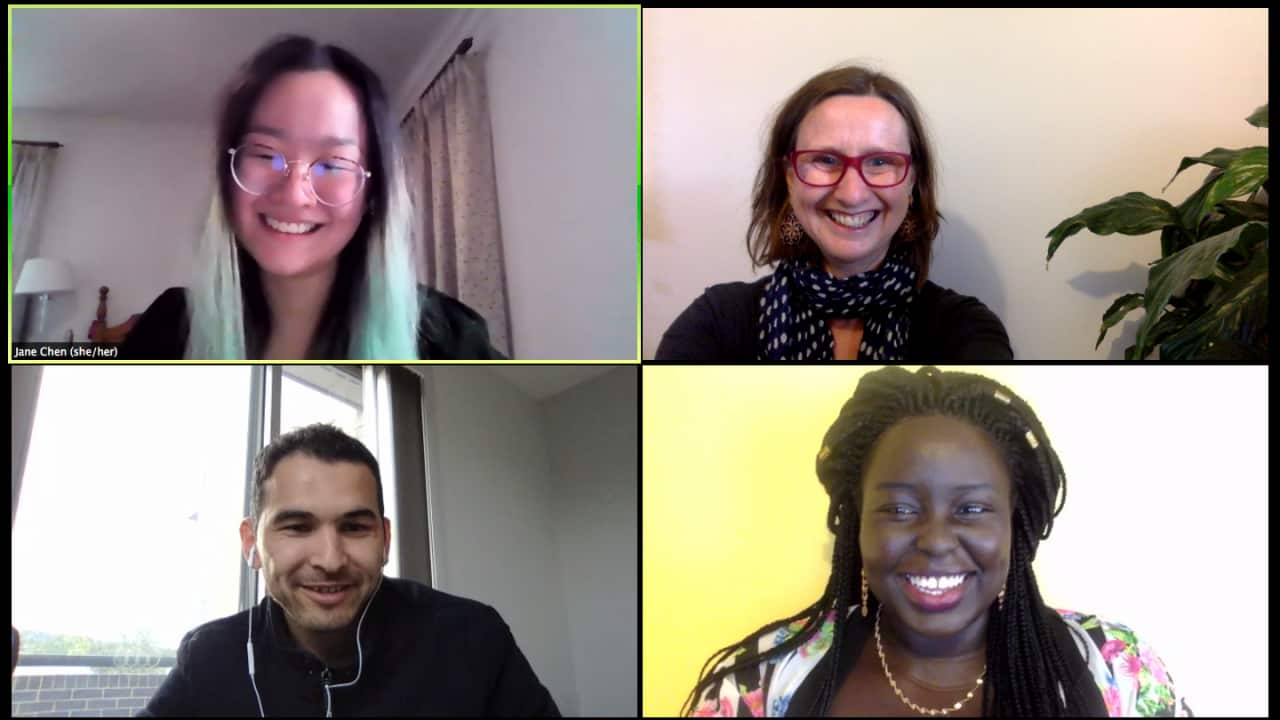A national advocacy group for young people has called for more action to break down the barriers confronting those from diverse backgrounds, to empower them to become leaders in their communities.
The Multicultural Youth Advocacy Network (MYAN Australia) fronted a Senate committee on Tuesday hearing evidence about the ongoing challenges faced by diaspora communities in Australia.
The committee heard racism, discrimination, employment limitations, barriers to accessing essential services and a lack of culturally-tailored support services persist, particularly for young people in these communities.
MYAN national coordinator Nadine Liddy said young people from migrant and refugee backgrounds continue to confront barriers undermining their participation in life in Australia.
“The voices of this group of young people are commonly marginalised in policy development, in program design and delivery,” she said.
“(But) they are critical and strategic actors in supporting their families and communities and creating positive change in their communities and in the social cohesion agenda.”
The committee heard evidence from the group’s youth ambassadors about the ongoing challenges confronting young people from culturally diverse backgrounds.
Ambassador Jane Chen told the committee racism and discrimination has a disproportionate and unique effect on young people, harming their identity development and sense of belonging.
“There is sense of alienation and inability to feel Australian,” Ms Chen said.
“I do believe that we need an anti-racism strategy because there is a sense of not being able to discuss these issues openly.”
Apajok Biar, a former refugee from South Sudan, called for a more coordinated approach to developing policy that deals with issues confronting diaspora communities.
Ms Liddy told the committe government policy responses continued to fail in effectively reaching young people.
For example, she said the government's significant investment in youth mental health services in recent years "isn't necessarily reaching young people from migrant and refugee backgrounds".
She said the group had also identified gaps in communicating with the country's multicultural communities during the COVID-19 pandemic, through public health messaging.
“We would argue young people are really important and strategic players in the current context around conveying appropriate and accurate public health messaging,” Ms Liddy said.
Diaspora Action Australia, which supports those in Australia affected by war and conflict, also called on the government to improve their communication channels with diaspora communities.
Chief executive officer Denise Goldfinch said a stronger commitment to collaboration with these communities was needed “as opposed to the current stop, start and highly transactional interactions”.
“It is very difficult for diaspora communities to find a pathway into [the Department of Foreign Affairs and Trade] to discuss the issues that are happening within their communities,” she said.
Last month, Acting Multicultural Affairs Minister Alan Tudge told the National Press Club the government was boosting its Community Liason Officer network working to increase collaboration with diverse communities.
Since the start of the pandemic, the government has translated simplified COVID-19 fact sheets and infographics into 63 languages.
The government also worked with SBS to produce videos in more than 60 languages, which are available and via social media channels.
People in Australia must stay at least 1.5 metres away from others. Check your jurisdiction's restrictions on gathering limits.
If you are experiencing cold or flu symptoms, stay home and arrange a test by calling your doctor or contact the Coronavirus Health Information Hotline on 1800 020 080.
News and information is available in 63 languages at Please check the relevant guidelines for your state or territory: , , , , , ,






